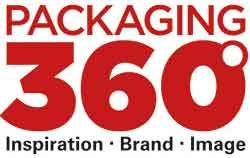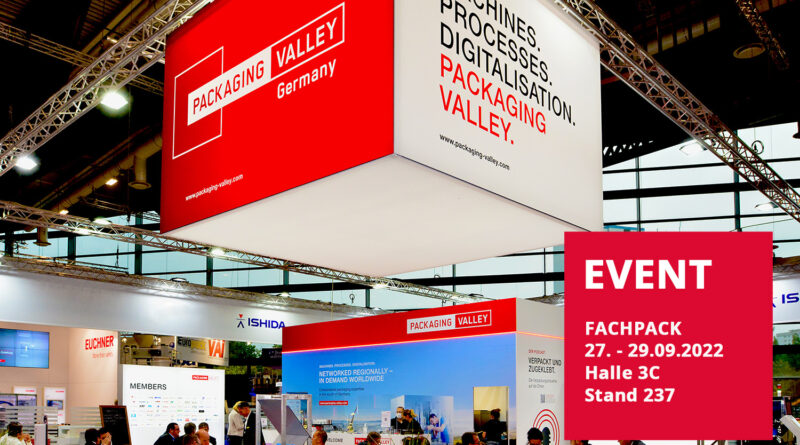„Hybrid Work Is Lived Practice in Packaging Valley“
New Work, Normal Work, Future Work. Experts research hybrid working time models and their implications for employees and employers. The Corona pandemic has brought working life into a new era. For the Packaging Valley packaging machinery cluster, New Work has long been part of everyday life.
„New Work in the Middle! The Valley of Career Opportunities for Top Talent“: This is the title of a forum at FACHBOX on Wednesday. In the discussion about attractive working conditions and a shortage of skilled workers in the industry, New Work is an important topic. For the companies in Packaging Valley, New Work is „not a fashionable topic or a phenomenon of the current transformation process,“ explains Packaging Valley Managing Director Dr. Marc Funk. The philosopher Frithjof Bergmann has already dealt with „New Work“ 40 years ago, as futurologist Hartwin Maas, also a speaker at FACHPACK, explains.
„Of course, the Covid-19 pandemic has accelerated developments, but there have also been phases of upheaval before. Just think of the introduction of automation and robotics into production processes, the oil and banking crisis, or the collapse of the Eastern Bloc,“ Funk says. He says there have always been phases in which companies and their employees wondered whether they could keep up with technological developments and how they could continue to operate successfully as entrepreneurs. „At the center of all considerations of how the future of work and that of the company can look, how the meaning and value of work and value creation relate to each other, was and always is the human being. Today’s innovations play a major role in determining the future success of the company. Packaging Valley companies know that their workforce is the key to novel services, products, and business models that will continue to drive annual revenue growth in the digital age, ensuring the companys’ competitiveness.“
Packaging Valley companies therefore use the term „New Work“ to mean creating a people-friendly work environment in which people love to work and perform outstandingly. This includes workspaces, technologies, working time models, and, of course, a corporate culture that focuses on people and their needs. „Our companies have long internalized this. Corona has once again changed the working reality for many people. Over the course of the pandemic, much of Packaging Valley’s workforce was also working or living in their own homes. What started as an obligation and eventually became a comfortable standard is now a concrete outlook on the working world of tomorrow. Hybrid working, the mixing of working in the office, at home, or at additional locations is lived practice in Packaging Valley.“
It is also lived practice, he says, because their companies are predominantly medium-sized, which means they are close to people and react flexibly to changes in the working world. Anyone who frequently offers special solutions for customers in their field of business, often producing unique products, is no stranger to agility in human resources either, says Funk. The productivity of mobile work is not lower, if not often even higher. Arguably, the biggest challenge to empowering the workforce to work in a hybrid manner is the heterogeneity of departments. In production, the culture of presence is much higher than in sales or human resources, and a laptop is not the only way to make a machine. You can’t do it entirely without a cordless screwdriver.
New Work as part of the corporate culture
„New Work works especially well, when it is part of the corporate culture and there is a toolset and skillset in addition to the mindset. It must be lived, the infrastructure has to be in place, and employees have to know how to deal with hybrid forms of work. Dealing with it also means that there is no need for dogmatic guidelines. We see that our companies are giving the workforce more and more freedom to decide at which times virtual working offers advantages but also when a meeting with colleagues is necessary to start appropriate creative processes and also to promote social interaction.“
Funk goes on to say, „New Work is no longer new in PV. It is part of the corporate culture. For our members, the question has never been whether it can be done. There is so much trust in our own workforce that there was never a question of whether it could be done. It was clear that it would work.“




